Why Japan may decide to intervene in a Taiwan emergency
While the extent of Japan's role in the event of a Taiwan emergency has not been thoroughly discussed and decided domestically, it appears that Japan's involvement in some way is expected in most of the scenarios. Japanese academic Rira Momma goes over the possibilities.
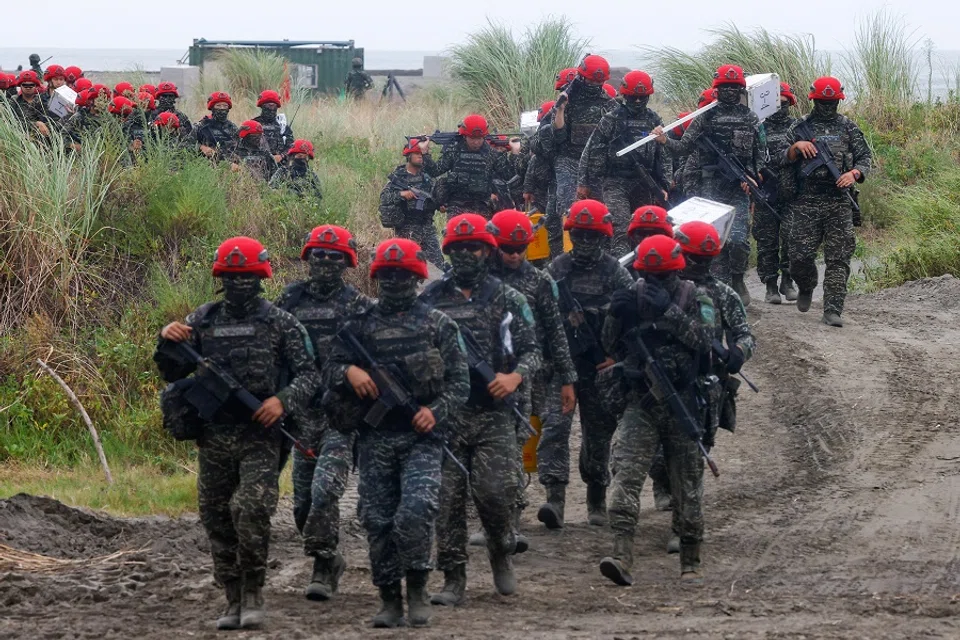
The outbreak of the Russian-Ukrainian War gave the Japanese people a chance to think independently about security issues by taking the prospect of a Taiwan emergency into account. However, the public and the government have not started a full-fledged discussion on how much Japan will support Taiwan in the event of a Taiwanese emergency. Under these circumstances, if an emergency were to occur in Taiwan, would the Japanese government decide to intervene and dispatch the Self-Defense Forces (SDF)?
Armed attack against Japan
The first important aspect of this discussion is the legal basis for addressing the situation that is occurring. How does Japan apply the Armed Attack Situations Response Law?
If it is determined that there has been a confirmed attack on the main island of Taiwan, and at the same time, an armed attack on the US military base in Okinawa or an invasion of the Senkaku Islands, or if there is a clear and imminent danger of an armed attack on these islands, the Cabinet will decide that the situation is an armed attack against Japan. After the approval of the Diet, the Prime Minister will issue a defence dispatch order, and the SDF will be able to conduct military operations. This case is an obvious "Japan emergency" and the SDF will conduct military operations to protect Japan's territory, sovereignty and the lives and property of its citizens.
... Japan would be committed to providing as much generous logistical support as possible, even if it is unreasonable to do so, as it may conduct joint operations with US forces under the Japan-US Security Treaty.
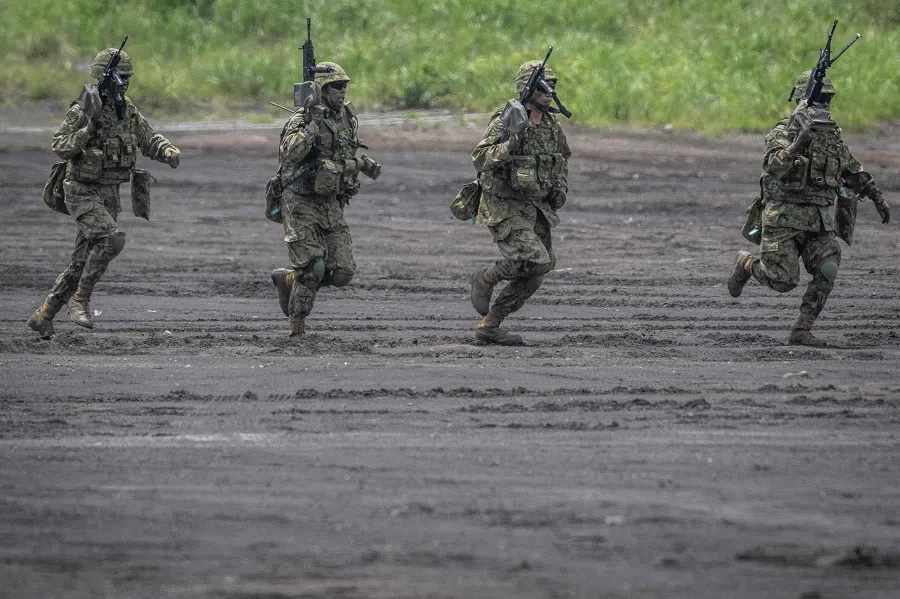
In addition to the area under invasion, the SDF will also deploy troops to areas where further attacks are expected. In this case, the question is to what extent the SDF can provide logistical support to US forces currently dealing with the Chinese invasion of Taiwan. There is also the situation that vigilant monitoring of Russia and North Korea cannot be neglected. However, Japan would be committed to providing as much generous logistical support as possible, even if it is unreasonable to do so, as it may conduct joint operations with US forces under the Japan-US Security Treaty.
When only the main island of Taiwan is involved
The next possible scenario is a situation in which a Taiwan emergency occurs but Japan is not attacked.
China has insisted that the Taiwan issue is an internal affair and has been extremely wary of other countries becoming involved in the Taiwan issue. Since the biggest obstacle to an invasion of Taiwan would be the US military, from a purely military standpoint it would make sense to launch a preemptive attack on the US military bases in Okinawa. However, this would also be an act that would result in a strong reaction from the US military and an immediate intervention by Japan.
Politically, attacking only the main island of Taiwan could be considered as an attempt to give the impression that "this is an extension of the civil war and not a world war between the world's two major powers".
... the Japanese government will recognise this situation as an "armed attack against foreign country resulting in threatening Japan's survival".
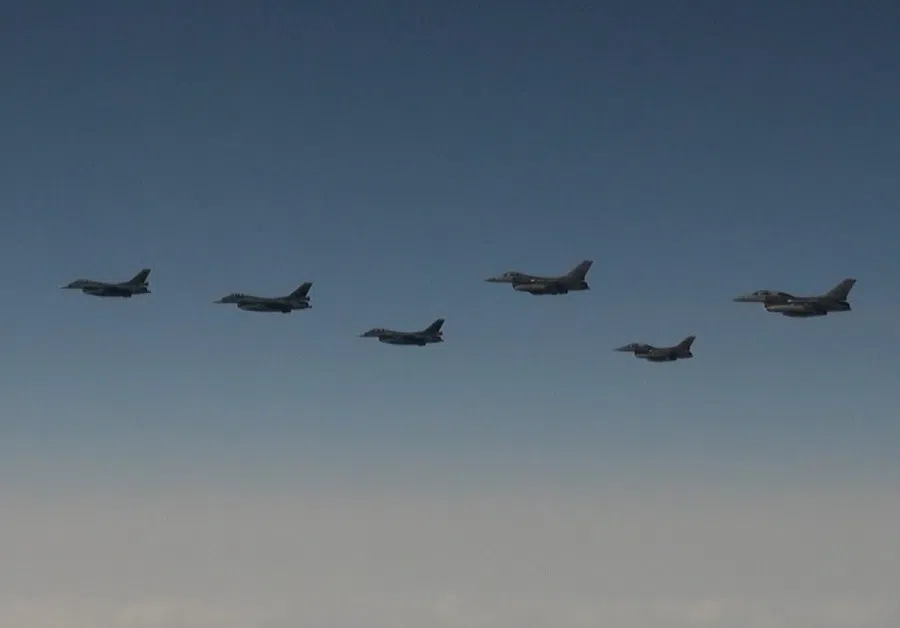
There is a high possibility that the Japanese government will recognise this situation as an "armed attack against foreign country resulting in threatening Japan's survival". Japan may be requested by the US to (1) provide logistical support for US forces fighting near Taiwan; (2) use submarines to sink Chinese naval vessels; and (3) use the Japanese Maritime and Air Self-Defense Forces to escort US forces to US naval units or Air Force bombers attacking Chinese forces.
While the attack by the submarine could be claimed to be an attack by the US Navy, (3) cannot be concealed. Since China will regard Japan's moves as belligerent and the possibility that it will launch an attack against Japan cannot be denied, there is a possibility that the Japanese government will reject the request for (3).
Japan has yet to reach a national consensus on how much sacrifice it can endure.
The problem here is that since Japan was defeated in World War II, it has avoided discussing the possibility of becoming a party to war and the inevitable sacrifices that would be made. Japan has yet to reach a national consensus on how much sacrifice it can endure. The Japanese people will be upset in the face of the possibility that many SDF personnel will be sacrificed.
Faced with such a situation, it is possible that the Japanese government will not easily make the decision to intervene in a Taiwan emergency. China is also aware of Japan's weaknesses, and there is no doubt that it will dissuade the Japanese public from letting Japan go to war.
Doing nothing may not be an option
What would happen if the Japanese government refused all requests from the US, including (1) and (2)?
If the US military decides not to intervene in the Taiwan emergency due to Japan's refusal of the request for assistance, as can be inferred from the results of the Taiwan emergency simulation published by CSIS in January 2023, the Japanese and US forces would not be hurt, but Taiwan will be completely occupied by China after a fierce battle.
If the Chinese army succeeds in occupying Taiwan, the morale will be boosted by the victory, even though the navy and air forces have suffered a great deal of damage. Japan will be forced to confront China with Yonaguni Island literally as the front line.
China may consider seizing the "Diaoyu islands" (the Senkaku islands), which it claims are inherent Chinese territories, as the next target after reclaiming Taiwan. The distance from Keelung Harbor on Taiwan's main island to Uotsuri-jima island (the largest of the Senkaku islands) is 170 kilometres, giving China much better access to the Senkaku islands than ever before. In addition to the Senkaku Islands, the China Coast Guard will also intensify its activities around Yonaguni Island, which will put a heavy burden on the security capabilities of the Japan Coast Guard.
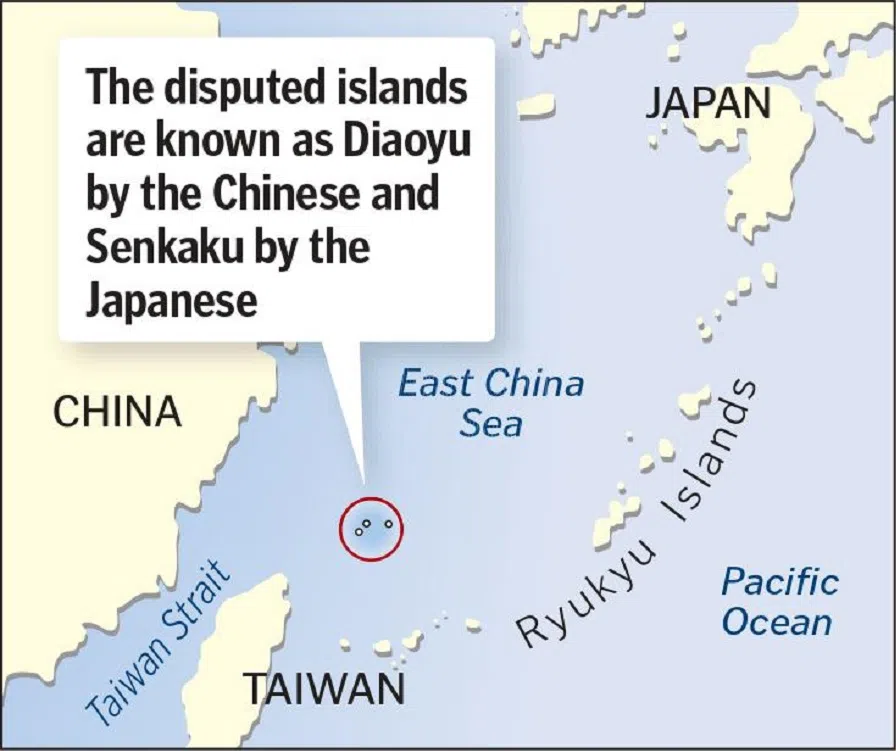
If the US fights without Japanese logistical support, the US military will likely win in the end, but will be forced to fight harder and suffer more losses. In that case, the dissatisfaction and distrust of Japan by the US government and US military would increase, and in the face of criticism from the American people, the maintenance of the Japan-US Security Treaty would not be possible. Even if the Japan-US Security Treaty were maintained, the US military cannot be expected to support the defence of the Senkaku islands at all. Japan will soon be deprived of the Senkaku Islands.
What will happen to Japan if the relationship of trust between Japan and the US is greatly damaged by the "abandonment of allied forces" in the war and the Japan-US alliance effectively collapses?
There is no choice for Japan but to take a conciliatory diplomatic stance against China from an unprecedentedly weak position, or to switch to a policy of strengthening its own military strength with the possession of nuclear weapons in mind. However, the latter assumes the possibility of undertaking a more challenging battle than ever before - alone. Therefore, it is unlikely that Japanese citizens would choose to do so once they become aware of this frightening prospect.
...it is necessary to make it a national consensus that even an attack on the main island of Taiwan alone, would pose an existential threat to Japan.
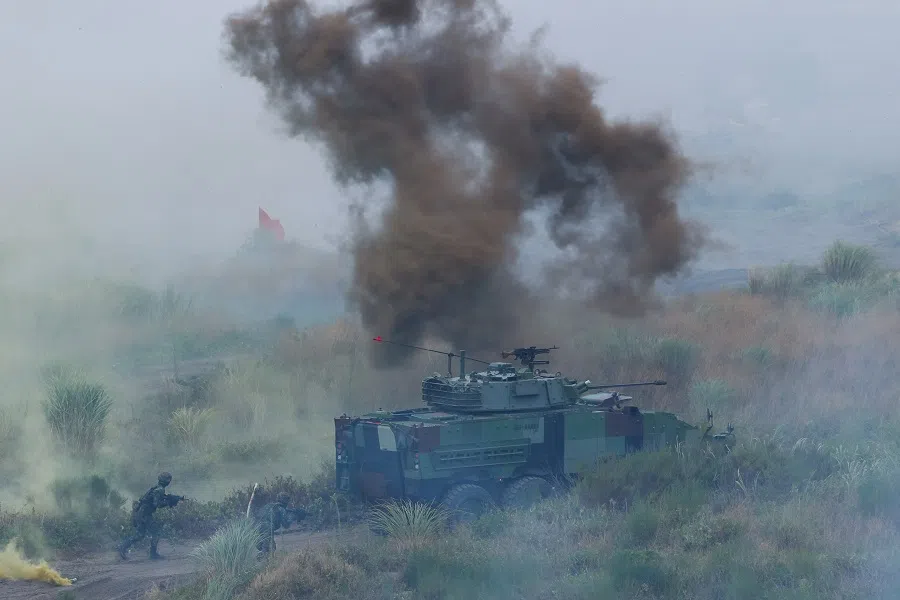
Based on this reasoning, even if Japan is not directly attacked, in the event of an emergency in Taiwan, the Japanese government will, on legal grounds, at least decide to provide logistical support to the US military. This is because the disadvantage to the nation if it does not provide logistical support is too great.
However, in the midst of an emergency, public opinion may be divided into two, and the government may hesitate to make a decision or face opposition in the Diet. However, this would increase the damage caused by the war and take more time to settle the situation.
There is a possibility that the "Taiwan emergency" will directly lead to an armed attack against Japan, and it is necessary to make it a national consensus that even an attack on the main island of Taiwan alone, would pose an existential threat to Japan. It is necessary to start discussions for that purpose now, even during normal times.





